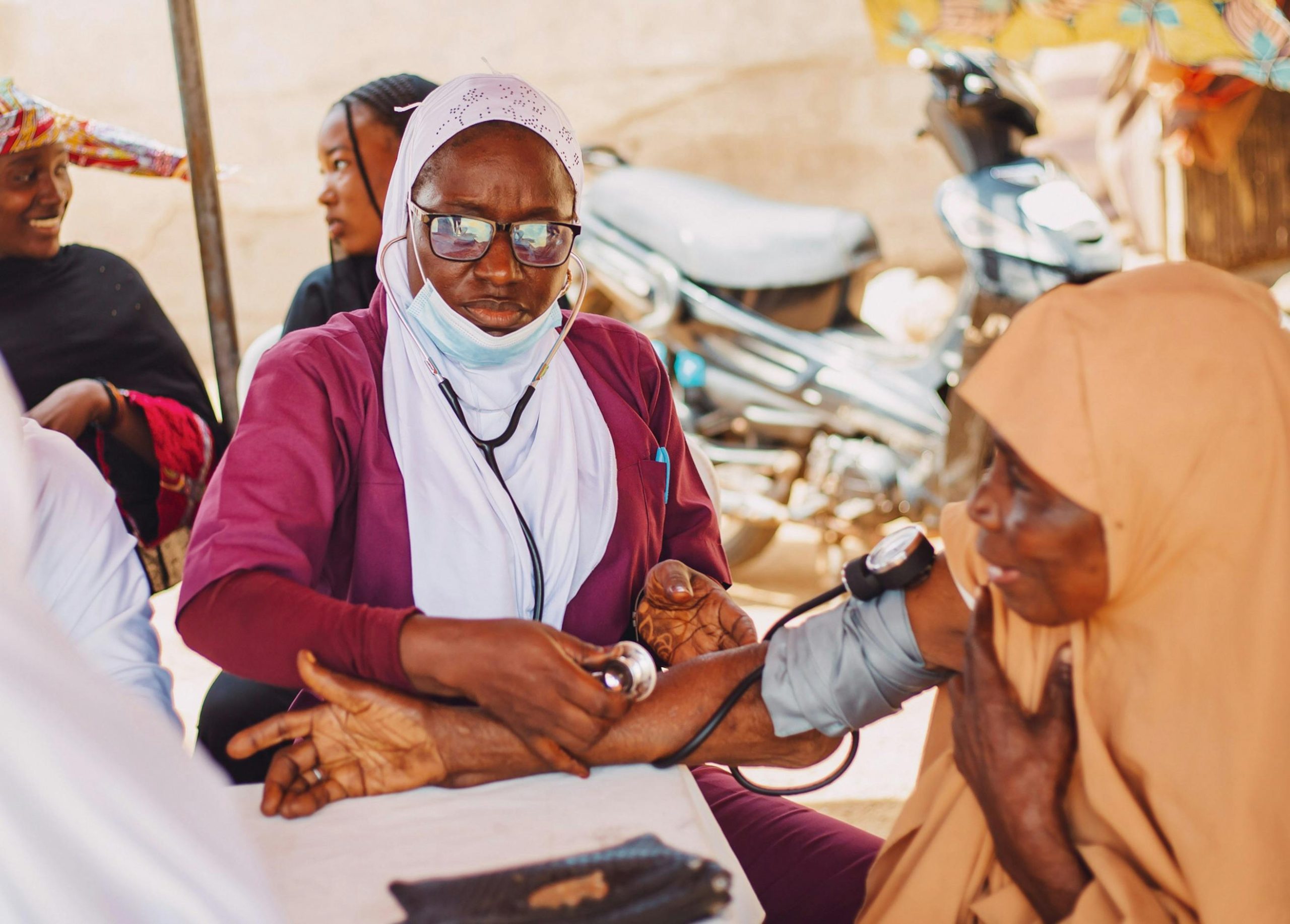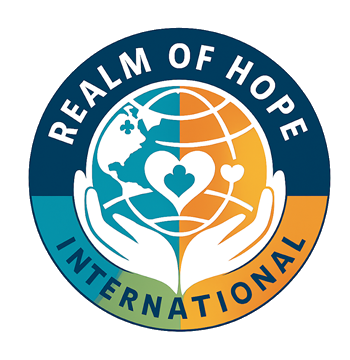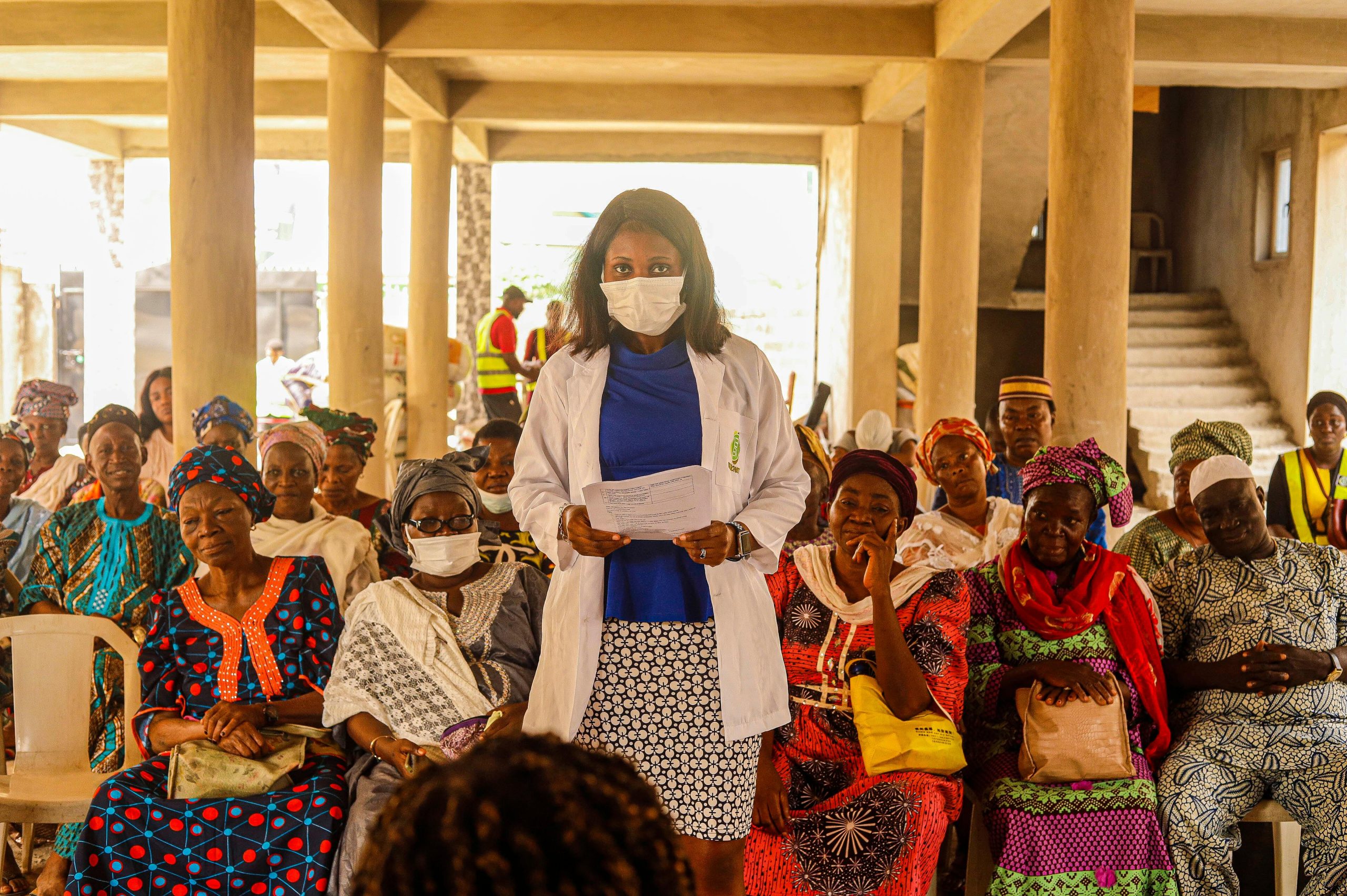Published By ACB | July 28, 2025

Access to healthcare is a fundamental human right, yet rural communities worldwide often face significant barriers to medical services. Long distances to clinics, shortages of healthcare professionals, and financial constraints leave many without timely care, leading to preventable illnesses and higher mortality rates. Addressing these disparities is crucial for achieving equitable health outcomes.
Innovative solutions like mobile health clinics, telemedicine, and community health worker programs are bridging the gap, bringing diagnostics, treatment, and preventive care directly to remote areas. Governments and NGOs must prioritize investments in rural healthcare infrastructure, including well-equipped hospitals, trained local staff, and affordable insurance schemes. Preventative measures—such as vaccination drives, maternal health programs, and nutrition education—can drastically reduce disease burdens.
When healthcare is accessible, communities thrive. Healthy individuals can work, learn, and contribute to economic growth, breaking cycles of poverty. Women and children, often the most vulnerable, benefit immensely from maternal and pediatric care. Strengthening rural healthcare systems isn’t just a moral obligation—it’s a necessity for sustainable development. By ensuring no one is left behind, we create a healthier, more just society for all.


